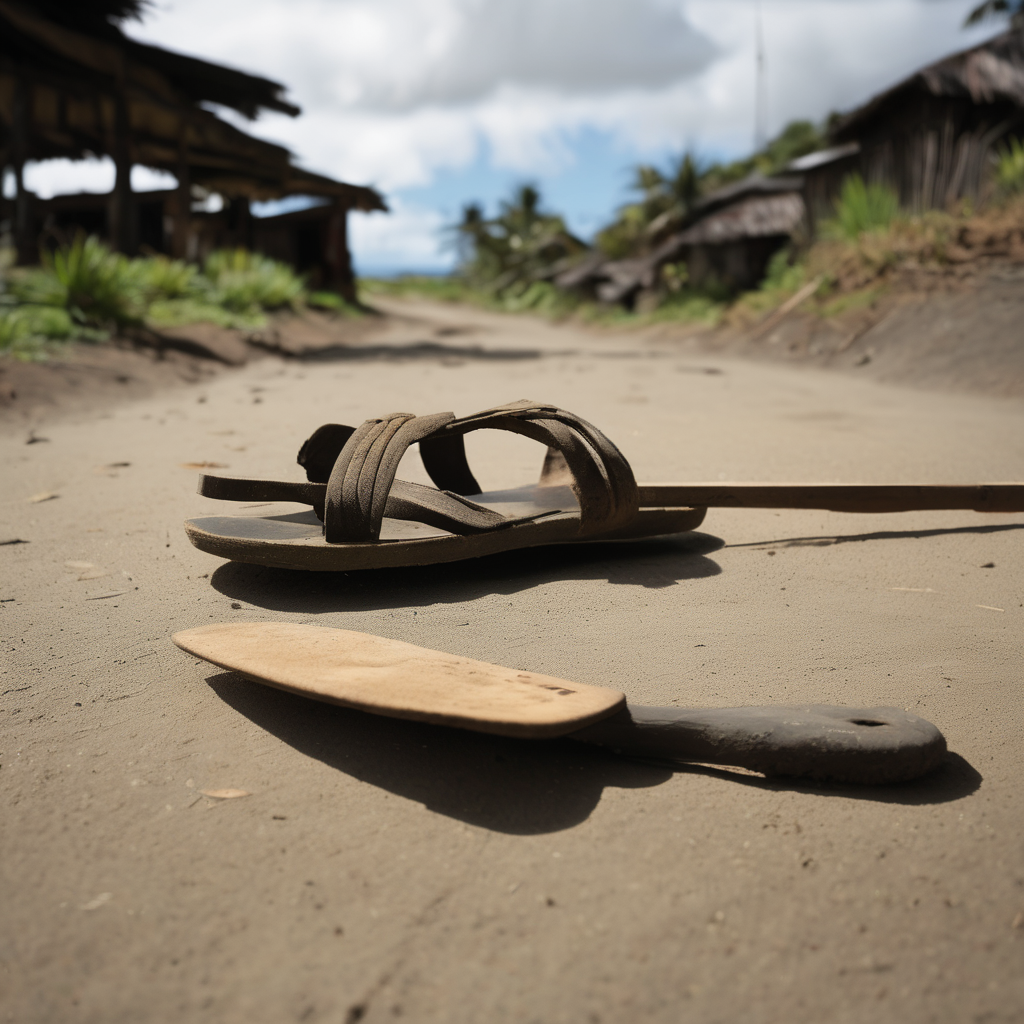Fiji is grappling with a severe issue as an increasing number of children are becoming entangled in drug-related activities, driven by factors such as poverty, neglect, and an absence of parental support. Father Ioane Sigarara has highlighted the dire situation, pointing out the tendency of young people from distressed families to search for a sense of belonging outside their homes, inadvertently exposing themselves to harmful influences. He emphasizes that this problem is not merely about poor decision-making but reflects profound societal issues demanding immediate intervention.
Father Sigarara shared his experience, noting his 15-year commitment to substance abuse counseling, underlining that drug use among the youth often stems from unaddressed trauma and social difficulties. He advocates for a compassionate approach focusing on rehabilitation rather than punitive measures. As he delved deeper into substance abuse issues, Father Sigarara discovered that many young individuals use drugs as a method to self-medicate, aiming to alleviate internal pain and societal pressures.
The Fiji government, represented by Minister for Women, Children, and Social Protection Sashi Kiran, is attempting to combat this crisis through targeted policies. By collaborating with law enforcement, social services, and community organizations, there is a focus on prevention, rehabilitation, and establishing safe environments to guard children from exploitation and substance abuse.
Similar sentiments have been echoed in previous discussions, where officials have called for increased parental involvement and community support to tackle these challenges. Reports emphasize the importance of family engagement and proactive monitoring of children’s activities to prevent substance abuse. Community leaders have also advocated for better drug education in schools and a need for comprehensive intervention strategies.
The shifting drug abuse patterns, including a move toward more dangerous substances like methamphetamine and cocaine, further complicate the crisis, underscoring the necessity for a multifaceted approach involving mental health and social services. Community leaders stress the importance of strengthening family units to safeguard youth from drug-related harm.
While the situation is concerning, there is hope for improvement through collaborative efforts. By fostering open dialogue and creating resilient support systems, Fiji can steer its youth towards a safer future, emphasizing the importance of community and family roles in addressing these pervasive issues.
